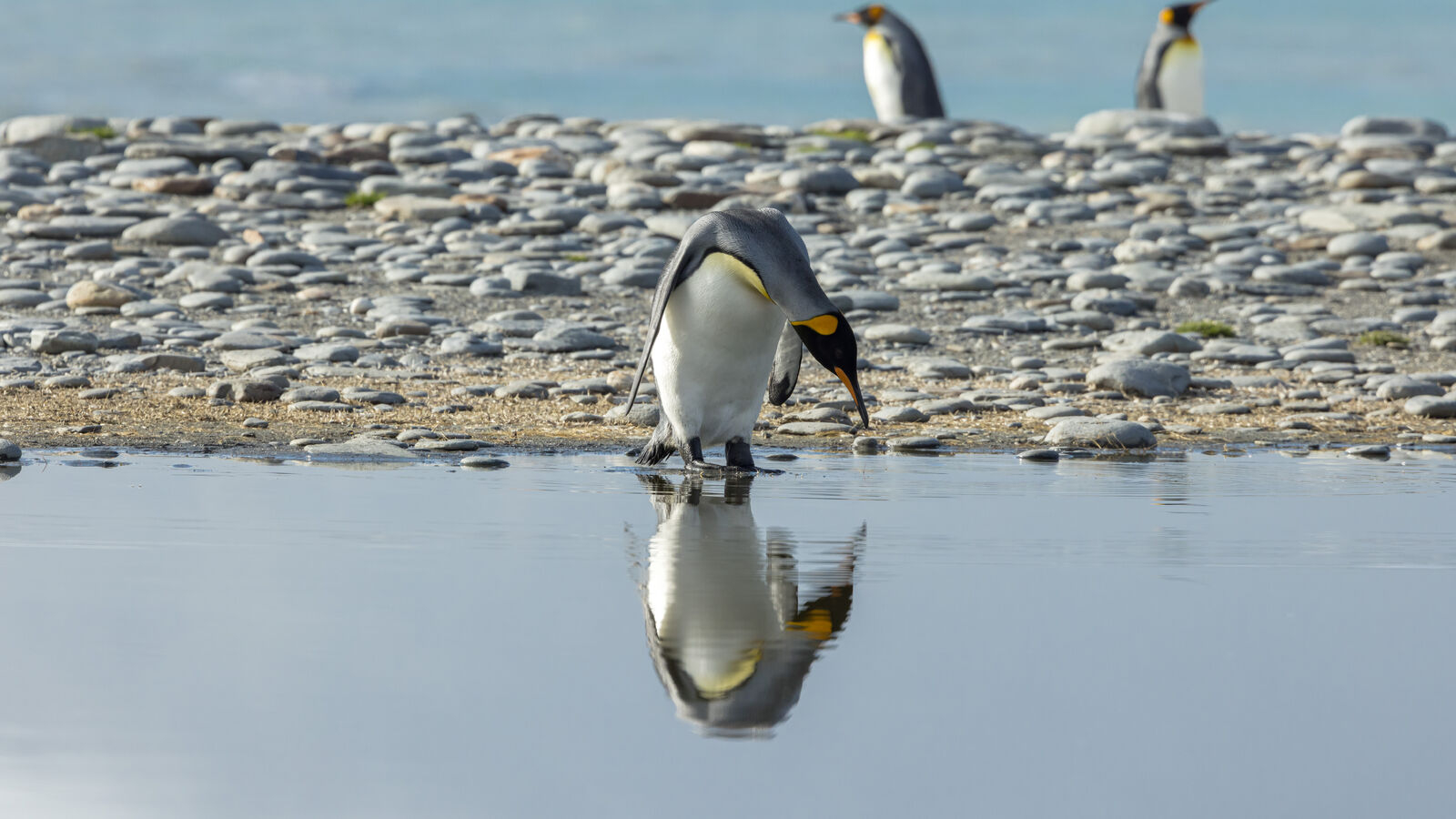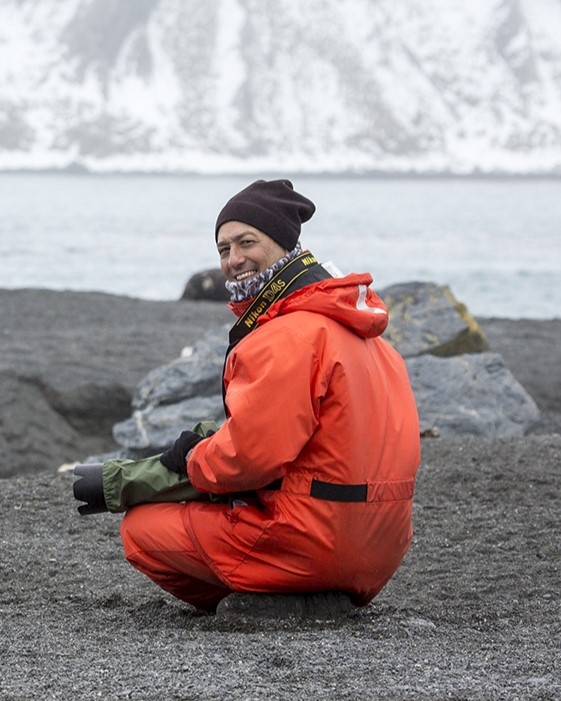Whether you’re a novice or a seasoned photographer, we know taking photos is often an essential part of your time with Swan Hellenic – and a great way to look back on the adventures you have with us! So we caught up with award-winning wildlife and travel photographer Renato Granieri, to see how you can get the best shots on your once-in-a-lifetime voyage to the white continent.
 Getting good shots
Getting good shots
Swan Hellenic: How can we always get the best photos possible?
Renato: Successful images result from planning, good light, and the photographer’s vision and skills. However, having a good camera certainly helps, and some valuable items of kit will help your photography and maximize photo opportunities!
SH: How do you cope with conditions in Antarctica in terms of your equipment?
R: It is important to remember that even in mid-summer, the temperature in Antarctica can plummet to below zero. You must ensure your equipment is sturdy and reliable yet highly performing.
SH: What type of camera do you recommend?
R: I have been a Nikon user throughout my career, and I can recommend the brand to any level of photography, from first-time user to professional level. I only use mirrorless professional cameras and lenses these days, but numerous options on the market are less expensive, still perform well, and are highly reliable.
SH: What features do you look at before buying a camera?
R: I mainly look for a brand/camera that has an intuitive menu, so I can access the features I need fast: a fast auto-focus and excellent ISO performance (this feature is often underrated, but it’s what allows you to get good shots in low light situations). Last but not least, weight and size are also important for wildlife and travel photography.
Planning ahead
SH: What’s in your camera bag when you pack for Antarctica?
R: I always have two camera bodies with me – a Nikon Z9 and a Z6ii – which deliver reliability in extreme weather and high performance. I pack a selection of lenses too, a wide angle Nikon z14-30mm, mainly for icebergs and close encounters, the z24-120mm for landscapes, and a super light telephoto prime lens (z400mm f4.5) for close ups, portraits of penguins, and birds in flight.
SH: What other equipment would you recommend?
R: Spare batteries as colder temperatures drain your batteries faster! Spare memory cards always come in handy too. And the waterproof bag provided by Swan Hellenic is a must. If you get the chance to explore Antarctica on a Zodiac boat, protecting your camera from sea water splashes is essential! Also, a polarizing filter might help increase the contrast in harsh light days. I don’t think a tripod is essential, but bringing one might help if your equipment’s feels a bit too heavy. A good alternative could be a monopod.
SH: What else can Swan Hellenic adventurers do to get good shots on their travels?
R: Come along to the excellent photography program we run on board. It’s designed for everyone, no matter how experienced you are. You’ll get expert advice, learn about composition, and have the chance to shoot alongside a professional photographer. And don’t worry if you use a mobile phone as your main device to take pictures, there’s actually a lot you can do, and we can help while you are on board.
SH: Lastly, what’s your top tip for photography enthusiasts sailing with Swan Hellenic?
R: The right camera and lenses will certainly help you capture better images, but always remember – it’s the person behind the camera that makes the shot!
Renato is an award-winning wildlife and travel photography specialist. He has worked for Swan Hellenic since 2022, and has over 10-years experience of photographing Antarctica. Renato leads photographic tours to destinations all over the world, and works regularly in the polar regions and Africa. Recent awards include Grand Prize winner of the National Geographic Traveller Photography Awards 2023, and Remarkable Artwork award at the Siena International Photo Awards 2023. Find out more about Renato’s wonderful work at renatogranieri.com and follow him on Instagram @renato_granieri_photography

